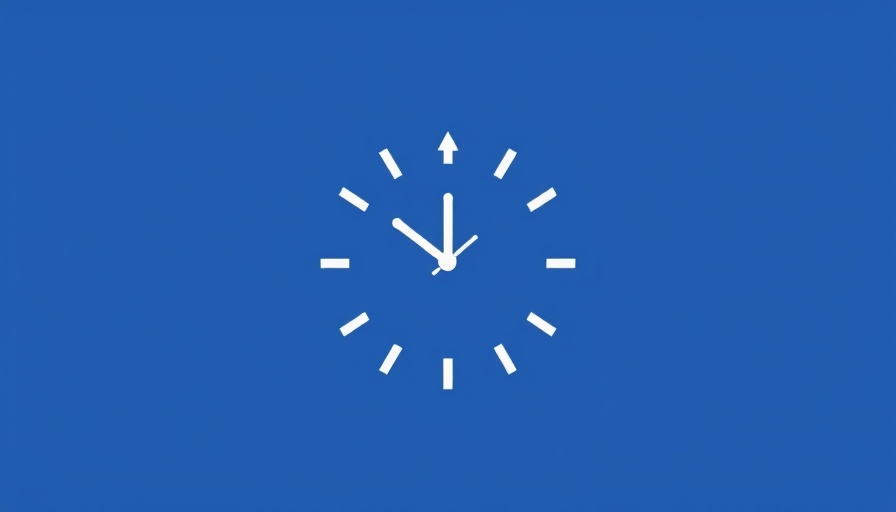
A New Era of Workplace Flexibility
Flexible working hours have transcended traditional office norms, evolving into a prominent aspect of modern work cultures. As per a 2016 Forbes report, an impressive 91% of HR professionals noted improved employee satisfaction and productivity due to flexible work options. This shift not only caters to the diverse needs of employees but also enhances organizational effectiveness.
Understanding Flexible Work Arrangements
Flexible work arrangements encompass a variety of models, such as flextime, remote work, compressed workweeks, job sharing, and part-time roles. These alternatives break away from conventional 9-to-5 schedules, allowing employees to choose where, when, and how they work. For example, a remote work arrangement eliminates commuting time, enabling employees to allocate that time to personal commitments or productivity.
10 Benefits of Flexible Work Hours
1. **Enhanced Work-Life Balance**: Flexible hours empower employees to manage personal responsibilities alongside work obligations, improving overall job satisfaction.
2. **Increased Productivity**: When employees can work during their most productive hours, they deliver higher quality output. Studies show that remote workers are often more productive than their in-office peers.
3. **Reduced Burnout**: The autonomy of setting one’s schedule helps mitigate stress and prevents employee burnout, fostering greater mental well-being.
4. **Cost Savings for Employers**: By allowing remote work, companies can save on office space and utilities, creating a more efficient workforce.
5. **Attracting Top Talent**: Flexible work options cater to a broader talent pool, appealing especially to young professionals and working parents who value work-life integration.
6. **Improved Employee Retention**: Organizations that offer flexible arrangements witness higher retention rates, as satisfied employees are less likely to seek new opportunities.
7. **Innovative Work Culture**: Allowing flexibility fosters creativity and innovation as employees are more likely to contribute when they feel valued.
8. **Reduced Commuting Stress**: Eliminating or reducing daily commutes not only saves time but also contributes to lower stress levels and enhanced physical health.
9. **Diversity and Inclusion**: Flexible arrangements are conducive to creating more inclusive workplaces, accommodating individuals with varying needs and circumstances.
10. **Trust and Morale Boosting**: Empowering employees to manage their own schedules instills trust, leading to a motivated and engaged workforce.
Implementing Flexible Work Policies
For businesses to harness the benefits of flexible work arrangements, they must establish clear policies and communication channels. Organizations should define eligibility, work expectations, and performance metrics, ensuring alignment among teams. Moreover, leveraging collaborative technology, like Zoom and Slack, enhances remote interactions, fostering an inclusive workplace culture.
The Future Is Flexible
As we navigate an evolving work landscape, it’s clear that flexibility is no longer a luxury but a necessity. By embracing flexible work options, organizations not only enhance employee satisfaction but also drive productivity, creating a win-win for both parties. Companies that adapt to this trend will not only attract top talent but will also thrive in the future of work, generating significant efficiency gains and cost savings in the process.
 Add Row
Add Row  Add
Add 




Write A Comment